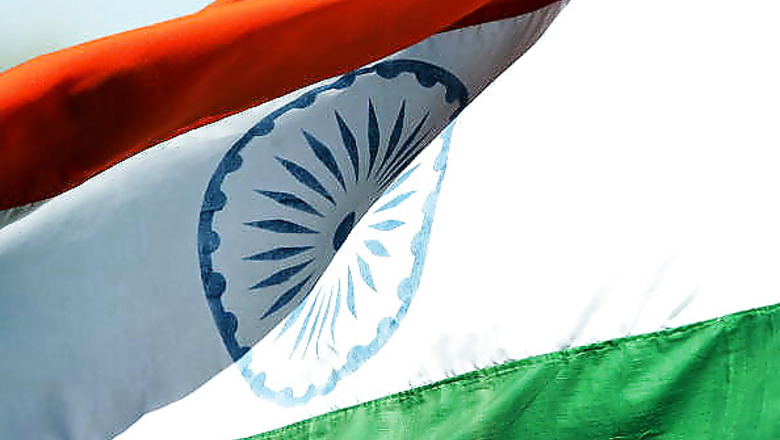
views
New Delhi: India should consider reviving the long-delayed Iran-Pakistan-India (IPI) gas pipeline following easing of sanctions on Tehran, a Parliamentary panel has said.
India had almost abandoned the IPI pipeline in 2008 following the US sanctions against Iran over its suspected nuclear programme and has instead pursued a rival line from Turkmenistan, passing through Afghanistan and Pakistan (TAPI pipeline).
"The government should examine the idea of reviving the (IPI) project as international conditions have become favourable following lifting of sanctions against Iran," the Standing Committee on Petroleum and Natural Gas said in a report submitted to Parliament on Friday.
The Oil Ministry in its comments to the committee stated that IPI pipeline was envisaged to transport natural gas from South Pars gas field of Iran to Pakistan and India with a carrying capacity of 60 million standard cubic meters per day, to be equally split between India and Pakistan.
"The total length of the pipeline up to Indian border (near Barmer) was about 2,135 km (1,100 kms within Iran and the rest within the territory of Pakistan)," the ministry said. "As per past estimates, investments required for this pipeline were in excess of USD 7 billion."
There has been "little or no progress" in the IPI project since 2008 for a number of reasons, the Committee said in its report without elaborating.
India is pursuing transnational pipelines to meet rising energy needs. The country is reliant on imports to meet about half of its natural gas needs.
The panel said a consortium for Turkmenistan-Afghanistan -Pakistan-India (TAPI) pipeline -- TAPI Pipeline Company Ltd (TPCL) -- was incorporated in Isle of Man, and shareholders' agreement signed in December 2015.
Turkmenistan will own 85 per cent of TPCL while India, Pakistan and Afghanistan will each have 5 per cent stake.
"The construction of pipeline has commenced in December 2015 and is likely to be completed in about 7 years," it said.
It recommended that TAPI project be monitored closely in collaboration with other participating countries in order to ensure that the project is completed in time.
"The Committee feels that trans-national pipelines are important elements of national energy security and they need to be pursued vigorously," the report added.
On April 7 last year the Investment Agreement (IA) of TPCL was signed in Ashgabat. "It relates to initial equity infusion by the shareholders. TPCL subsequently opened its office in Dubai, UAE and has been holding its board meetings," the ministry said in its submission to the panel.



















Comments
0 comment